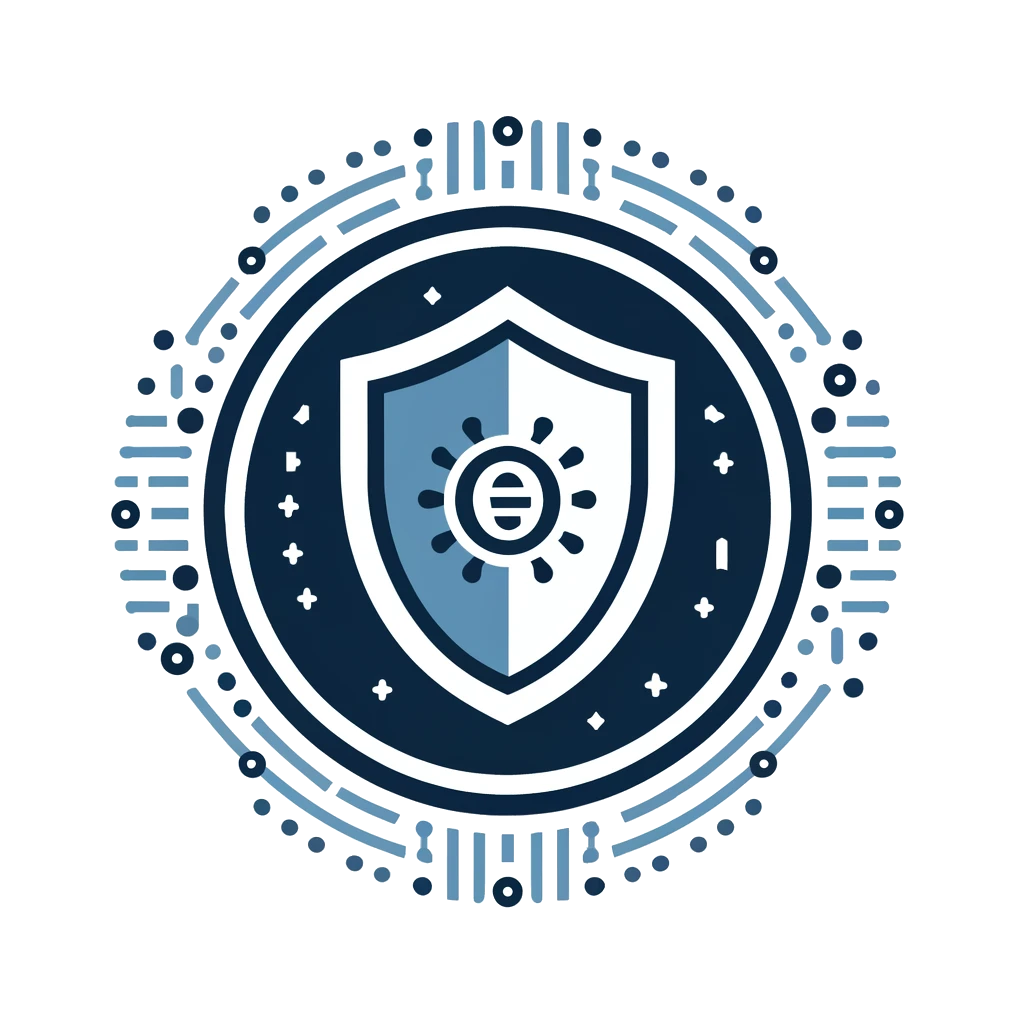Ethical Hacking
From Encyclopedia of Cybersecurity
Ethical Hacking
Ethical Hacking, also known as white-hat hacking or penetration testing, is the practice of deliberately attempting to penetrate computer systems, networks, or applications with the permission of the owner to identify and address security vulnerabilities and weaknesses. Unlike malicious hackers, ethical hackers use their skills and knowledge for constructive purposes, helping organizations improve their security posture and defend against cyber attacks.
Objectives
The primary objectives of ethical hacking include:
- Identifying Vulnerabilities: Discovering and assessing security weaknesses, misconfigurations, and vulnerabilities that could be exploited by malicious attackers.
- Assessing Security Controls: Evaluating the effectiveness of existing security measures, such as firewalls, intrusion detection systems, and access controls, in detecting and preventing attacks.
- Testing Incident Response: Assessing the organization's ability to detect, respond to, and recover from security incidents, breaches, and other adversarial activities.
- Enhancing Security Awareness: Raising awareness among stakeholders, including employees, executives, and decision-makers, about the importance of cybersecurity and best practices.
Techniques
Ethical hackers employ various techniques and methodologies to identify and exploit security vulnerabilities, including:
- Network Scanning: Using automated tools to scan and enumerate network infrastructure, hosts, and services to identify potential entry points and vulnerabilities.
- Vulnerability Assessment: Conducting systematic assessments of systems, applications, and configurations to identify known vulnerabilities and weaknesses.
- Penetration Testing: Simulating real-world attacks to exploit identified vulnerabilities and assess the effectiveness of security controls and defenses.
- Social Engineering: Manipulating human behavior through techniques such as phishing, pretexting, and baiting to gain unauthorized access to systems or information.
- Exploit Development: Creating or modifying software exploits to leverage identified vulnerabilities and gain unauthorized access to target systems.
- Wireless Hacking: Exploiting weaknesses in wireless networks, protocols, and encryption mechanisms to gain unauthorized access or intercept sensitive information.
Importance
Ethical hacking plays a crucial role in improving cybersecurity and protecting organizations from cyber threats by:
- Proactively Identifying Risks: Identifying and addressing security vulnerabilities before they can be exploited by malicious attackers to prevent security incidents and data breaches.
- Validating Security Controls: Evaluating the effectiveness of existing security measures and controls in detecting, preventing, and responding to cyber attacks.
- Raising Awareness: Educating stakeholders about emerging cyber threats, attack techniques, and best practices for protecting against cyber attacks.
- Supporting Compliance: Assisting organizations in meeting regulatory requirements, industry standards, and contractual obligations related to cybersecurity and information security.
